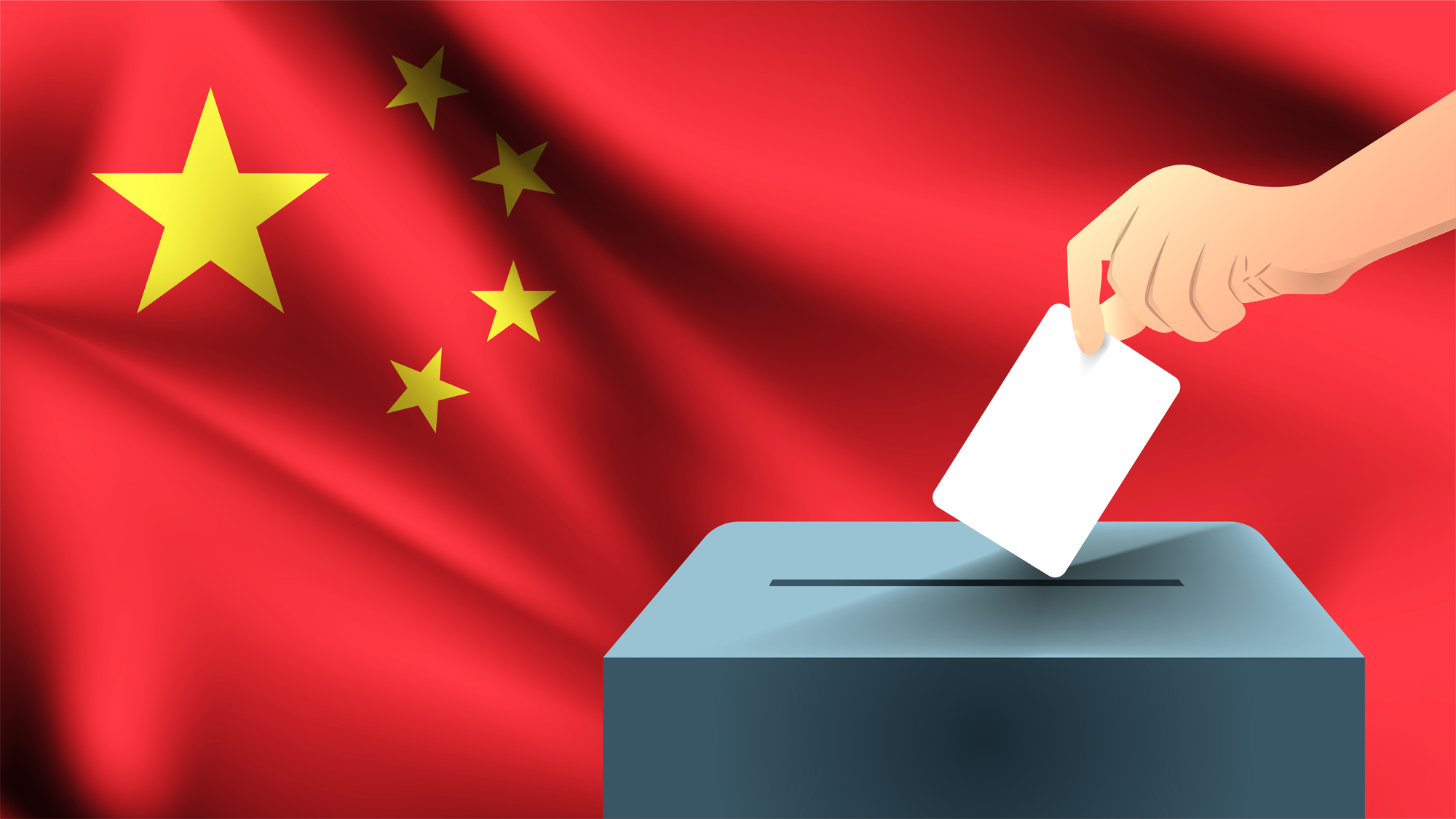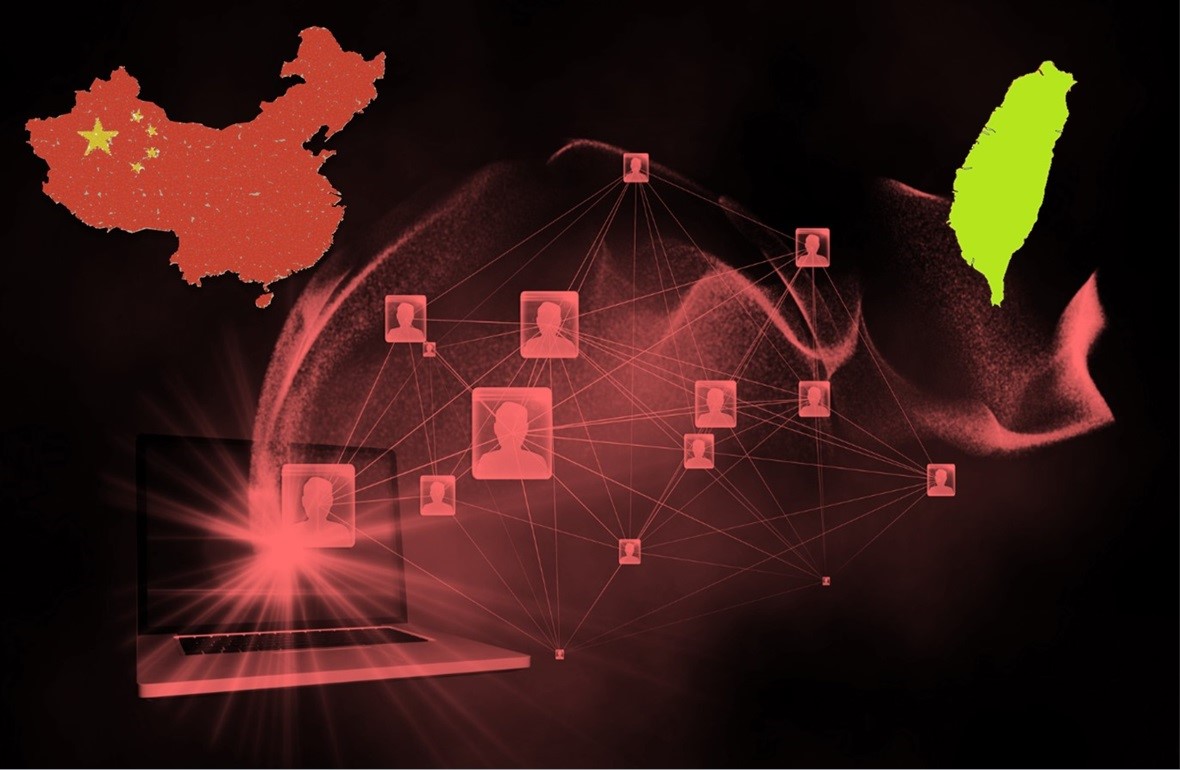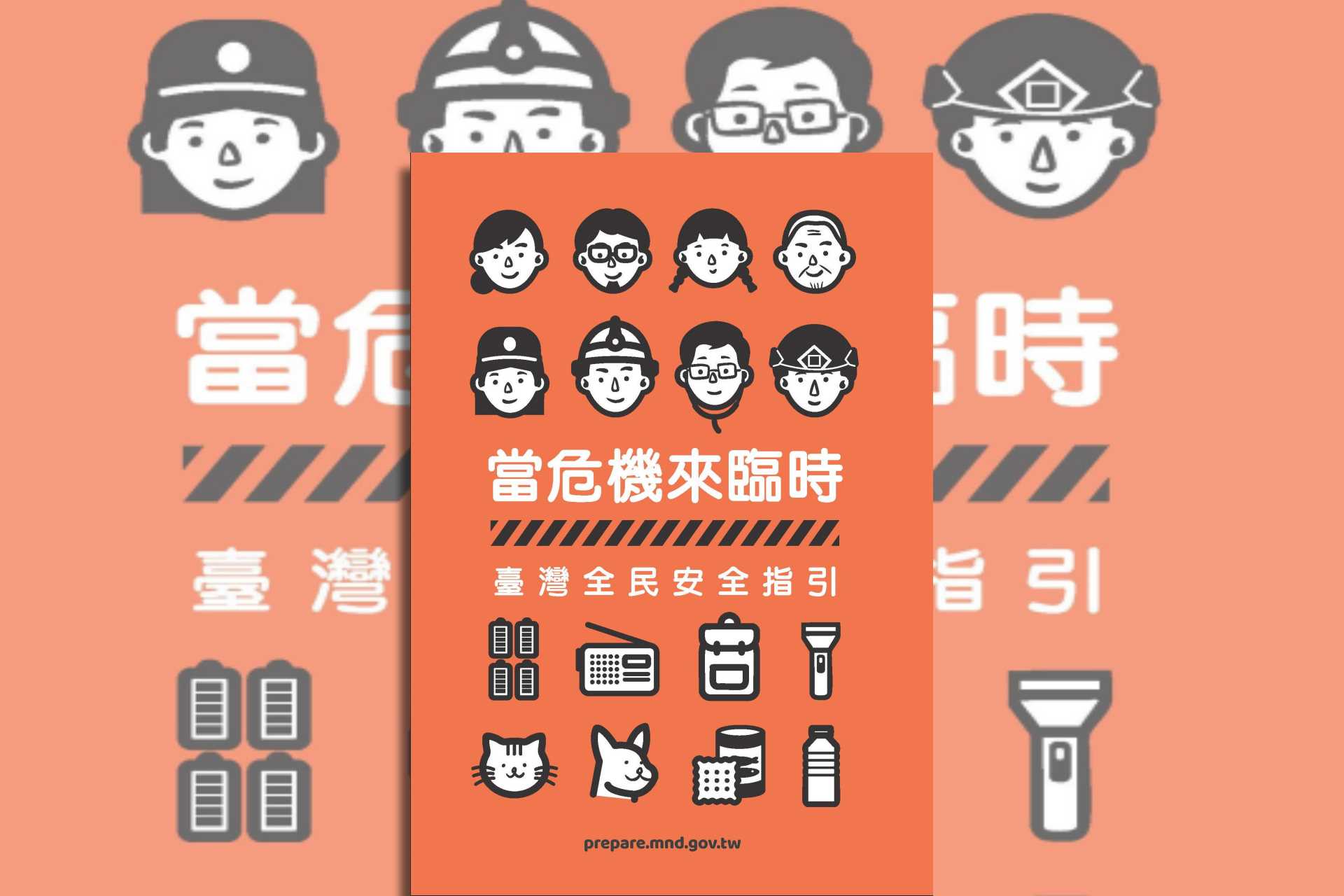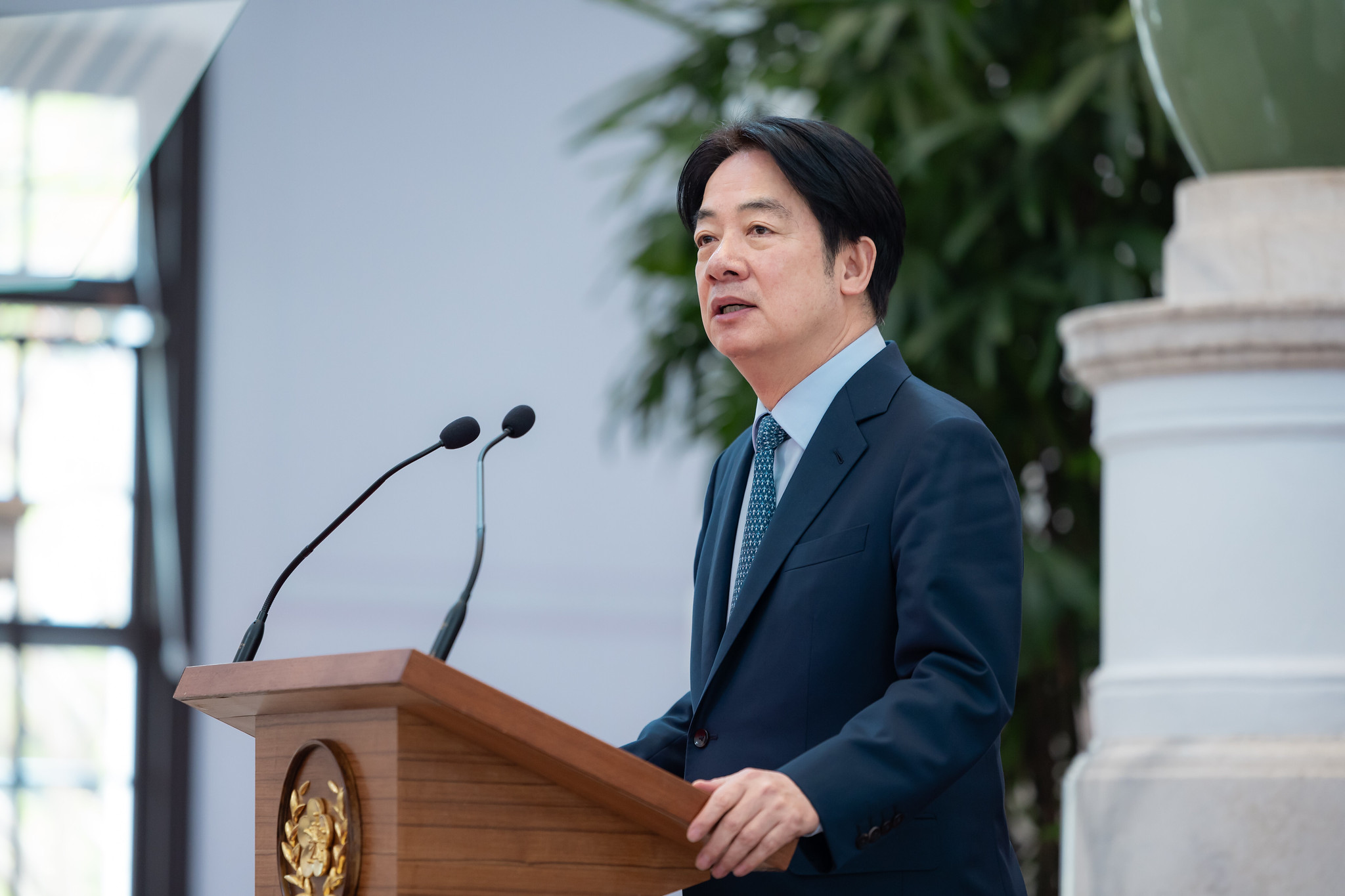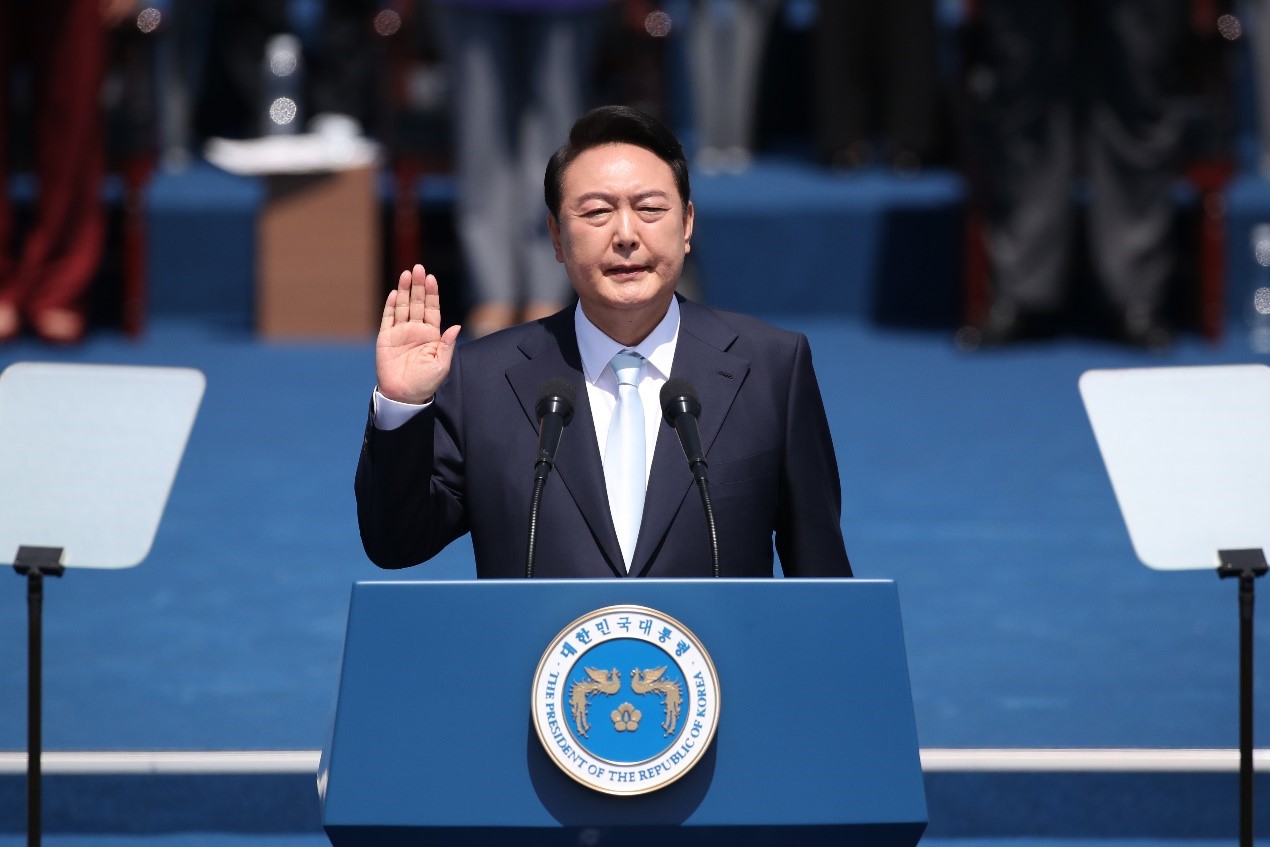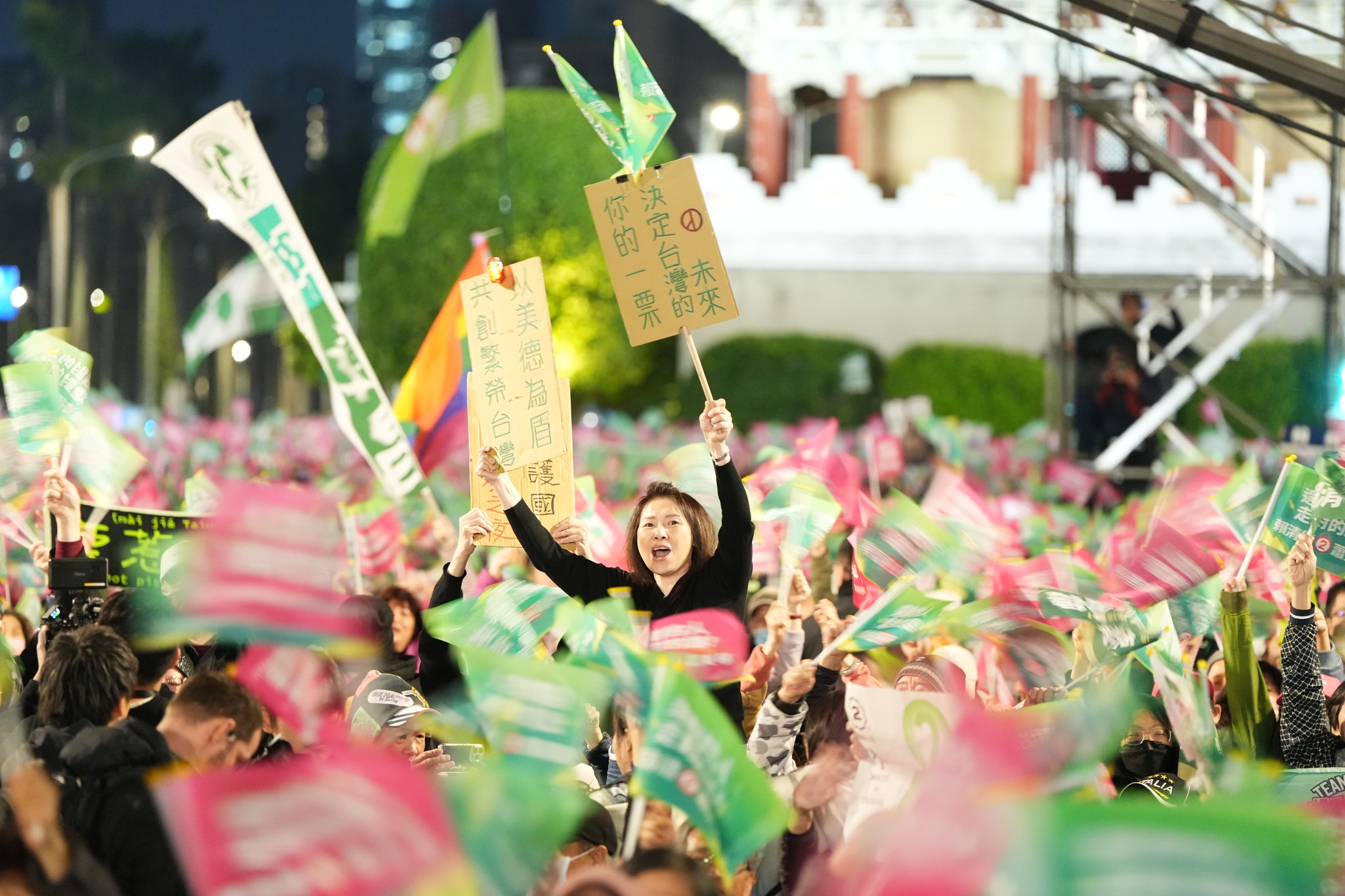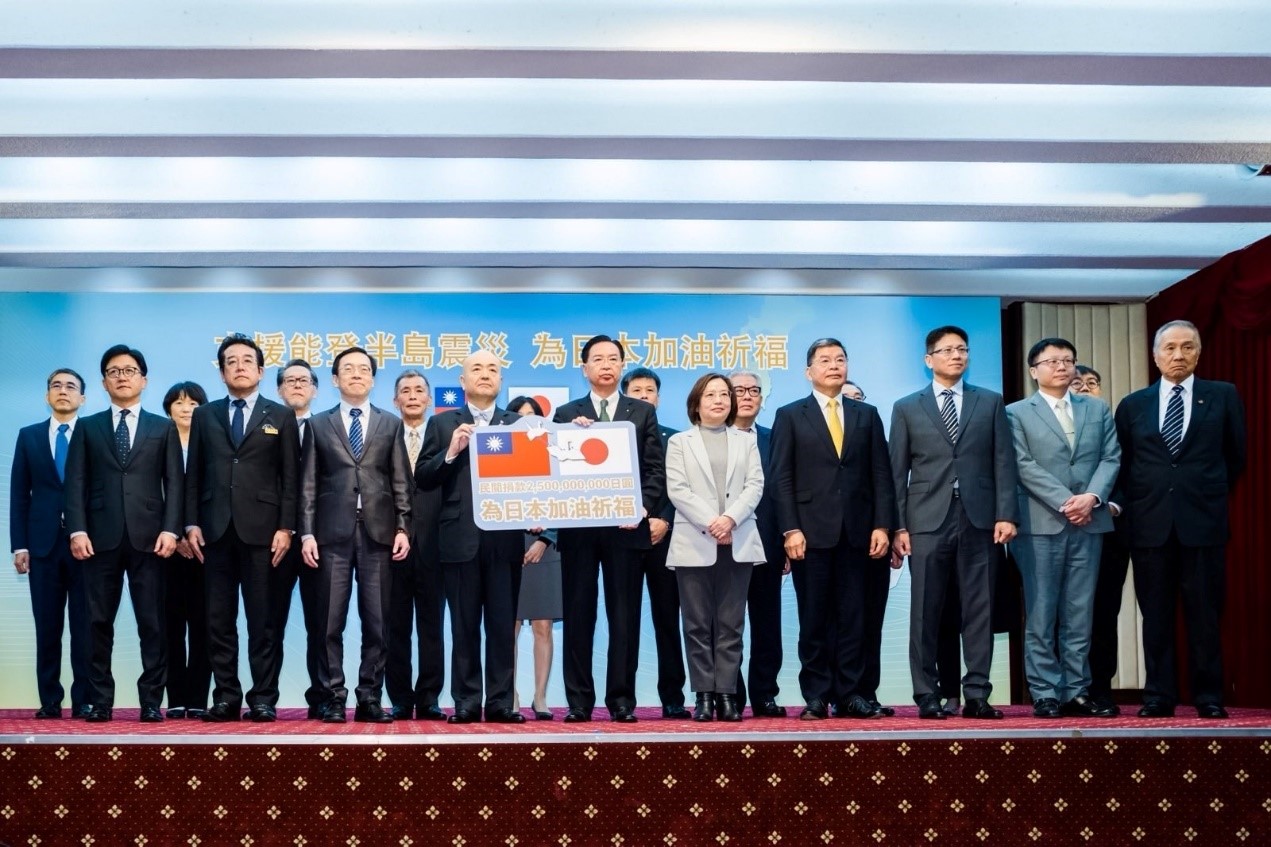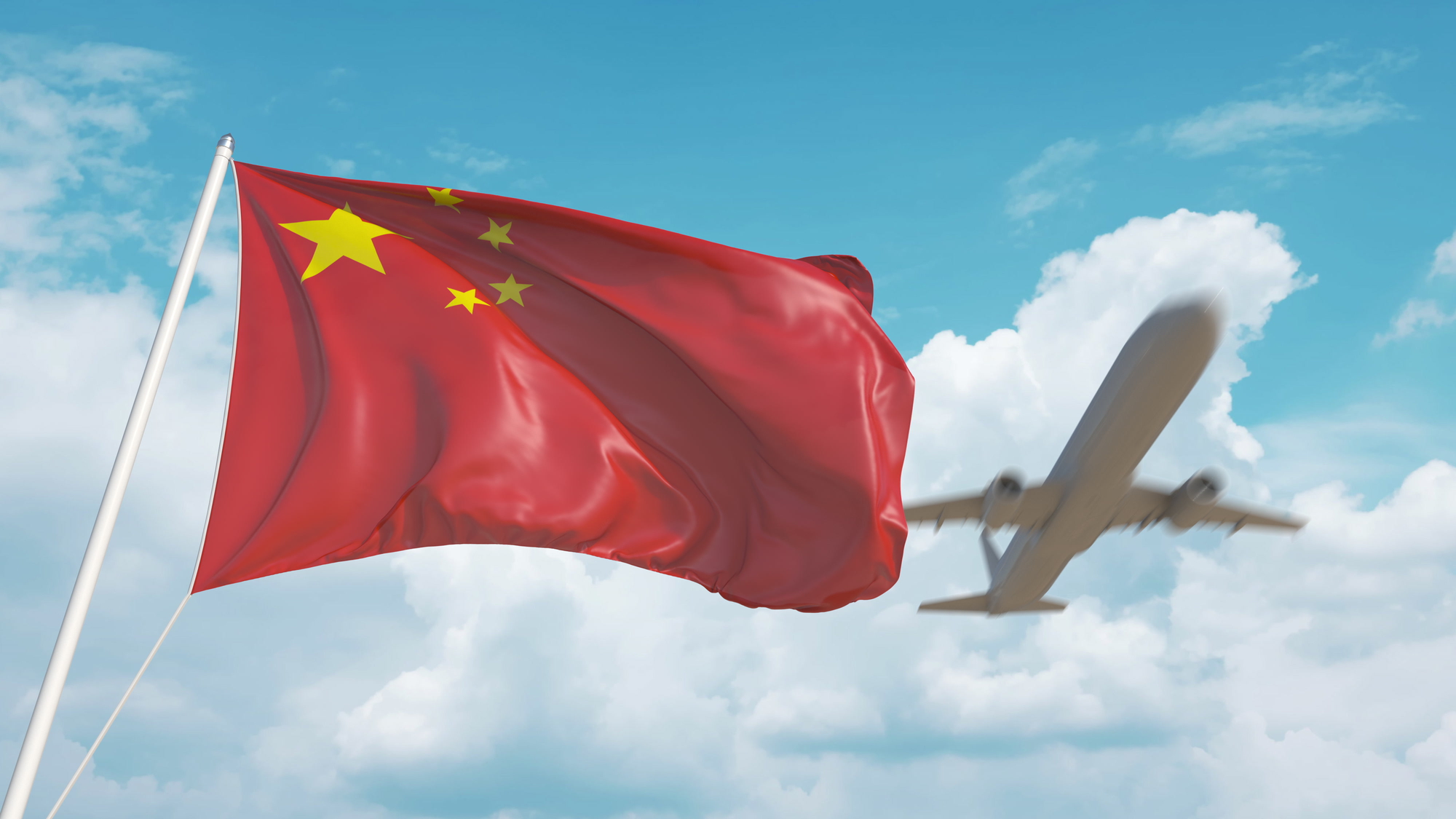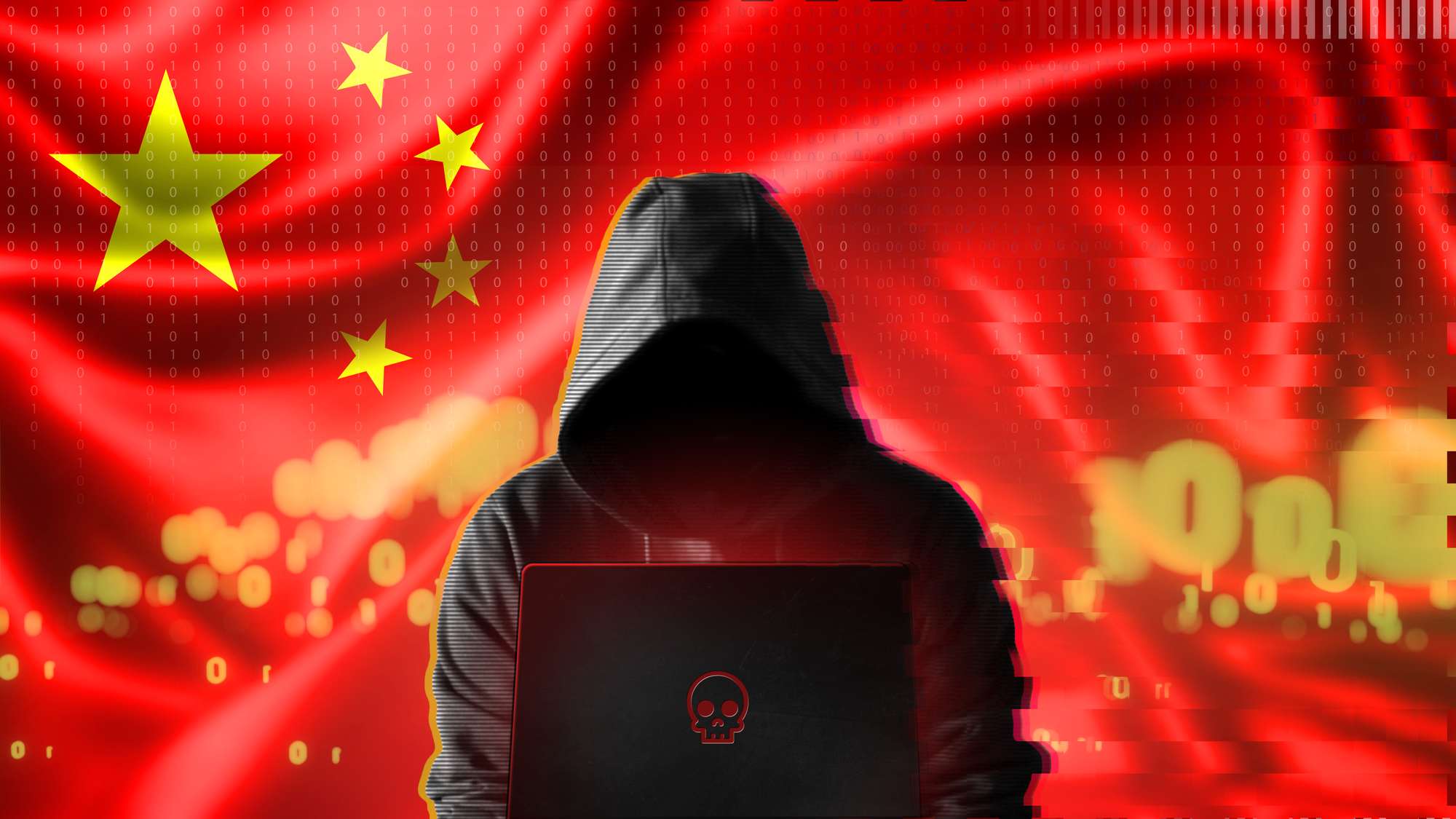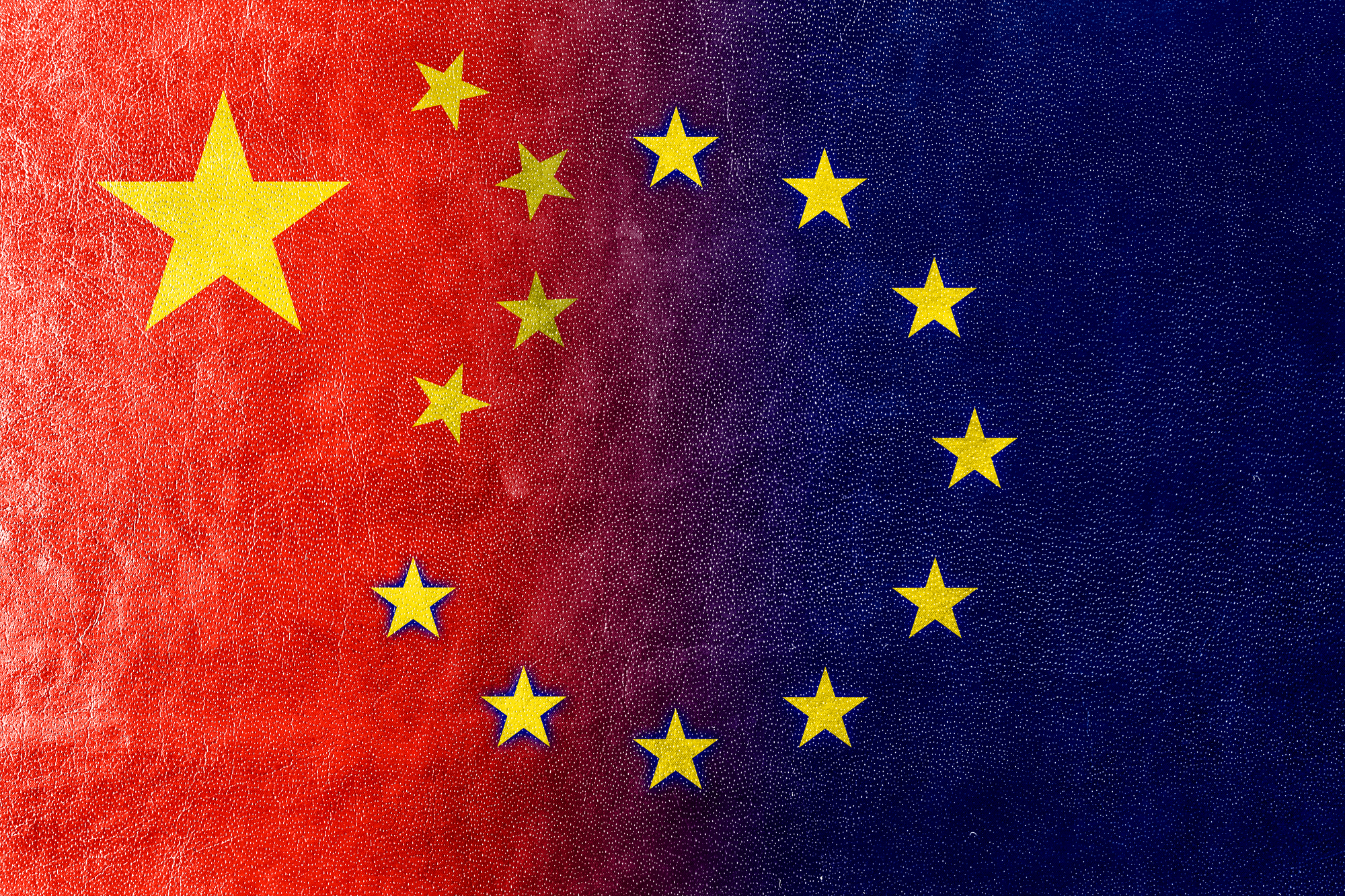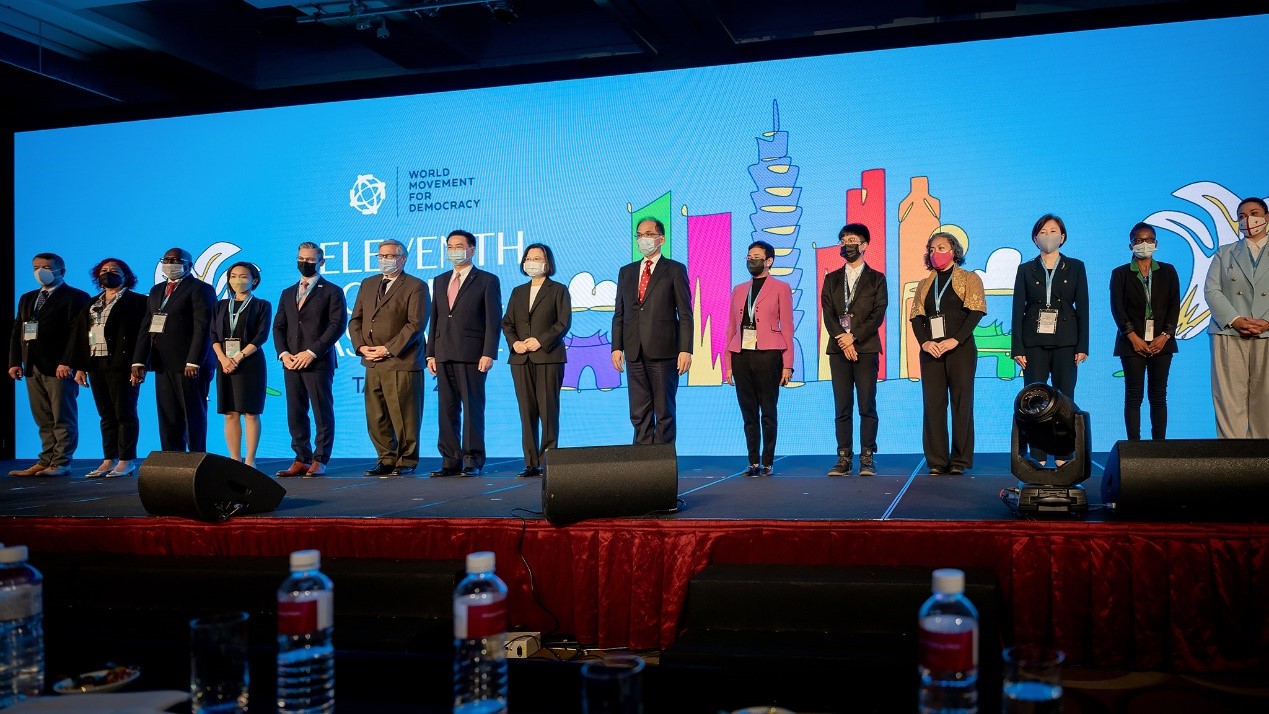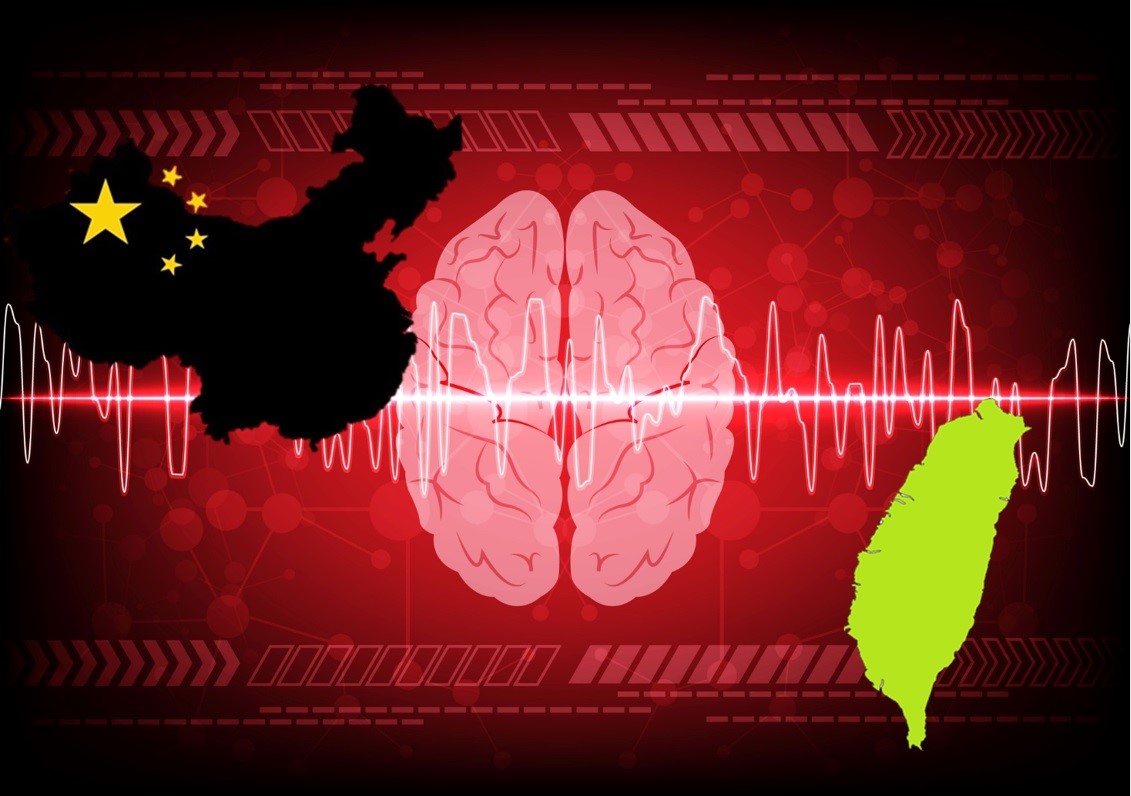During Taiwan’s elections, where the threads of Beijing’s influence are pulled tight to direct the narrative, bolster pro-Beijing sentiment, or simply to inject a toxic mix of chaos and disinformation into Taiwan’s political discourse.
Picture source: Depositphotos.
Prospects & Perspectives No. 72
China’s Interference in Taiwan’s Elections: Patterns and Goals
By Dennis Lu Chung Weng
At this precarious juncture in cross-Strait relations, the fabric of Taiwan’s democracy is being tested by a formidable external force. China’s deliberate non-engagement with President Tsai Ing-wen’s administration, stemming from a staunch stance against the so-called “1992 Consensus,” has not only strained ties but also catalyzed a sophisticated campaign to sway Taiwan’s political landscape. This strategy unfolds particularly during Taiwan’s elections, where the threads of Beijing’s influence are pulled tight to direct the narrative, bolster pro-Beijing sentiment, or simply to inject a toxic mix of chaos and disinformation into Taiwan’s political discourse.
As Taiwan grapples with these covert machinations, the international law enforcement community, along with Silicon Valley’s cyber sentinels like Google and Meta, have raised the alarm on Beijing’s digital forays. These incursions, meant to tilt the scales of Taiwan’s electoral sovereignty, have not gone unchecked, garnering significant support from a coalition of democratic allies. However, the counter-disinformation crusade is challenged by the specter of domestic polarization, where trust in information is often filtered through a lens of political allegiance, leading to a reflexive dismissal of counter-narratives.
The battleground, therefore, is not just in tracing the misinformation to its roots but in cultivating an ecosystem of trust within Taiwanese society. This can only be achieved through a concerted effort to embrace a plurality of perspectives, fostering a sense of unity that is not easily fissured by political partisanship. This article delves into the nuanced strategies behind China’s disinformation tactics within Taiwan, exploring their objectives and evolutionary patterns. It culminates with strategic insights on fortifying Taiwan’s democratic resilience against the insidious tide of electoral interference.
The Eroding Pillars of Trust: Disinformation’s Impact on Taiwan’s Democratic Confidence
In the realm of global politics, disinformation has emerged as a pivotal tool in undermining the structural integrity of democratic institutions. Taiwan’s experience is particularly illustrative of this trend, where Beijing’s adept use of disinformation campaigns casts significant doubt on the island’s electoral integrity and democratic resilience.
An analysis of the extent of China’s interference through disinformation is well-documented in the U.S. State Department’s Global Engagement Center’s (GEC) comprehensive report. This report delineates Beijing’s multifaceted tactics, extending beyond traditional media manipulation. These include the creation of fabricated online personas and narratives aimed at influencing public opinion, as well as providing benefits, such as free tours to China, to those willing to propagate pro-China views. The goal is to disrupt societal cohesion and turn elements of Taiwan’s population against its democratic system. Such cognitive warfare represents a direct threat to democratic values globally, as it encourages external forces to directly interfere in other countries’ autonomous democratic processes according to their own interests. Ultimately, the international community must address the implications of these types of influence campaigns on the ability of democratic states to truly reflect the will of their people.
The 2020 elections in Taiwan exemplify the impact of these tactics. A relentless barrage of unfounded accusations against President Tsai permeated media channels, engendering a pervasive sense of skepticism and eroding public trust in the electoral system. This phenomenon has exacerbated societal divisions, challenging the foundational trust in democratic mechanisms.
Addressing these subversive tactics necessitates a multifaceted approach, combining enhanced cyber resilience with a proactive societal response. This includes bolstering digital security measures and fostering public awareness to discern and counteract misinformation. The role of non-governmental organizations is critical in maintaining electoral integrity, facilitating U.S.-Taiwan intelligence cooperation, and upholding the sanctity of democratic practices.
However, the challenge is considerable. The relentless influx of manipulated narratives has not only eroded confidence in current governance structures but has also fostered lingering doubts about the fundamental nature of democracy. Research from the Taiwan Institute for Governance and Communication Research reveals a concerning trend: over 65% of Taiwanese voters believe that their elections are susceptible to disinformation-driven influence, with a similar proportion believing this has detrimentally affected their trust in government institutions.
Free Lunch is Never Free: Unpacking Covert Channels of Influence
Beyond the overt realm of internet disinformation, China’s multifaceted interference in Taiwan’s elections involves more covert tactics, notably exemplified by the “Free Lunch” strategy. Intelligence reports from Taiwanese authorities have highlighted China’s utilization of WeChat as a conduit for this campaign. Ostensibly a benign social networking and payment platform, WeChat serves as a vehicle for funneling funds and influencing Taiwanese citizens under the guise of generosity.
Taiwanese individuals participating in China-sponsored trips often find themselves interacting with United Front Work officials. These officials subtly promote pro-Beijing political agendas, emphasizing the significance of cross-strait peace initiatives and the “1992 consensus,” while tactically discouraging pro-independence sentiments. In the intricate dynamics of international politics, such seemingly benevolent offerings often mask deeper, strategic intents, posing significant risks to national sovereignty and self-determination. Acknowledging and countering these covert operations is crucial in preserving the sanctity and independence of Taiwan’s democratic processes.
The Deeper Wound: Disinformation’s Role in Fragmenting Society
The insidious threat of disinformation extends beyond the erosion of institutional trust, striking at the heart of Taiwan’s societal harmony. Beijing’s sophisticated disinformation campaigns are calibrated not simply to bolster a particular ideology within Taiwan but rather to exploit and exacerbate the fault lines that run through the island-nation’s society.
In Taiwan’s political arena, the challenge is not just tracing the source of disinformation but confronting the resulting endemic distrust in the systems designed to counteract it. This skepticism was apparent when non-governmental organizations conducted post-2022 local elections analyses; despite efforts by most to aim for neutrality, the analysis was met with doubt by those who perceived it as biased. The criticism of media outlets as vectors for Chinese propaganda tainted the analysis’ perceived impartiality, illustrating the difficulty of maintaining credibility in a polarized environment.
For Taiwan, the path forward requires a concerted effort to counteract the divisive impact of disinformation. This involves cultivating a societal commitment to fact-based discourse, promoting media literacy, and establishing a trusted ecosystem for information exchange. As Taiwan heads towards future electoral milestones, the emphasis must be on strengthening communal bonds and fostering an informed, critically thinking electorate. Such measures are essential to resisting the tide of disinformation and preserving the unity and democratic integrity of Taiwanese society.
Conclusion: Strengthening Democracy Through Informed Unity
The evolution of cross-Strait dynamics showcases a transition from conspicuous propaganda to a more covert and malignant form of disinformation. These campaigns, intricately woven into Taiwan’s societal fabric, are designed to be imperceptible and divisive, threatening to erode the intrinsic trust that binds communities.
Taiwan’s electorate demonstrated remarkable resilience in the 2020 elections, showcasing their collective wisdom in navigating the murky waters of misinformation. This resilience, however, is not infallible. A cautious approach towards Chinese state narratives offers a layer of defense, but Taiwan’s safeguard lies in a robust commitment to civil freedoms and a bipartisan approach to national security, with a focus on countering the Chinese Communist Party’s subversive activities.
With the 2024 elections on the horizon, Taiwan must prioritize fostering internal cohesion and fortifying the social cohesion that binds its people. It is imperative to cultivate a bipartisan resolve to protect the integrity of information, to elevate media literacy, and to nurture a culture of transparent and informed dialogue. These steps are more than strategic defenses; they are the bedrock that supports Taiwan’s autonomy and the vitality of its democratic process.
The measure of Taiwan’s triumph will transcend election outcomes. It will resonate in the robustness of public discourse, the vitality of political debates, and the solidarity of its citizens. By championing a culture that prizes truth and openness, Taiwan will do more than withstand disinformation — it will fortify its democracy against the tides of global instability, setting a standard for free societies worldwide.
(Dr. Weng is Associate Professor, Department of Political Science, Sam Houston State University.)

